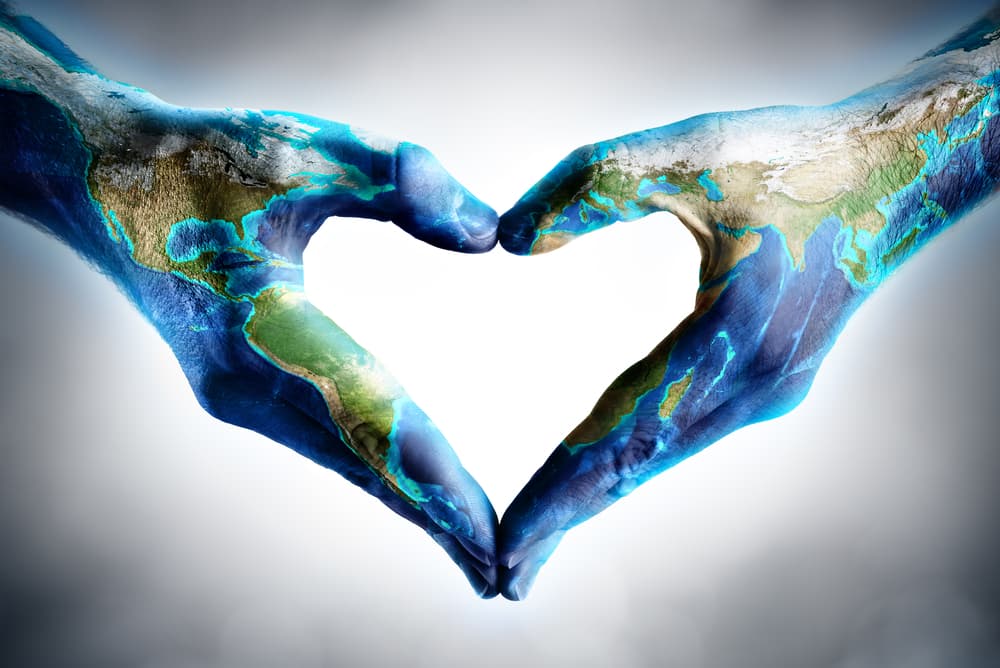Understanding Geography Enhances Global Communication

By Rebecca Frazer, Ph.D.
Most of us were required to take geography at some point in our K-12 education. Maybe you memorized charts of the world’s climates with icons of giraffes, koalas, and polar bears, or perhaps you reviewed details of the different burial customs around the world.
Few of us probably thought that those days in geography class would prove crucial to our future professional skills — at least not as much as math, science, or reading. However, in an increasingly globalized world, a knowledge of world geography is fundamental for effective communication.
Incorporating Geography into College-Level Classes
I teach courses focused on global issues in communication and public relations. As one might expect, we learn about the nuances of structuring communication campaigns for a global audience, the differences in interpersonal communication globally, and the diverse media environments that characterize different regions of the world.
But in my classes, we also learn about specific countries. We talk about countries’ major exports, forms of government, economy, religions, people groups, climate, relationships with other countries, positions on ongoing world conflicts, and more. For my students, this probably brings flashbacks to geography class, yet they become engrossed in learning about many different countries across the semester.
I focus on geography in my classes because I teach students who want to work and thrive as global citizens. The more we know about our world, the better we can relate to its people. Understanding which countries were part of the former Soviet Union gives crucial insight into Eastern European and Central Asian countries’ cultural norms, shared experiences, government structure, and architecture.
Knowing the major exports of different regions of the world sheds light on both trade wars and real wars. Learning the colonial history of African and South Asian nations aids in understanding language development, cultural trends, and ongoing international relationships across the Global South. To communicate globally, we must understand our world.
I encourage students to take globally focused classes if they hope to practice public relations (PR) in international contexts. Our online MAMC program offers several such options, including Intercultural Communication; Global Activism and Social Change Communication; and International Issues and Crisis Communication.
Geography Outside the Classroom
While college courses are invaluable sources of knowledge, much more can be done outside of the classroom to develop our global citizenship. And although study abroad programs and other international travel are great opportunities, we can learn about our world wherever we are.
For one, we can talk to people from other countries about their experiences. University of Florida students represent around two-thirds of the countries in the world. There are virtually endless opportunities to learn about different cultures and experiences just by talking to those around us.
We can also read books and stories that expose us to others’ lived experiences. Stories truly are a window to the world and hold unique power in building understanding and empathy across cultures. Both fiction (such as “The Beekeeper of Aleppo” by Leferti) and non-fiction (such as “They Poured Fire on Us From the Sky” by Ajak, Deng, Den, and Berstein) can transport us to new places and forever change our view of the world.
Whatever method we choose, we can all benefit from learning more about the world around us. Over the next break, we could pick up an old geography book or invite a friend to share one of our holiday traditions and ask them to tell us about one of theirs. As we learn more about our globe, we will be better equipped to communicate with those around us.
Posted: March 26, 2025
Category: UF CJC Online Blog
Tagged as: master in mass communication, Rebecca Frazer


